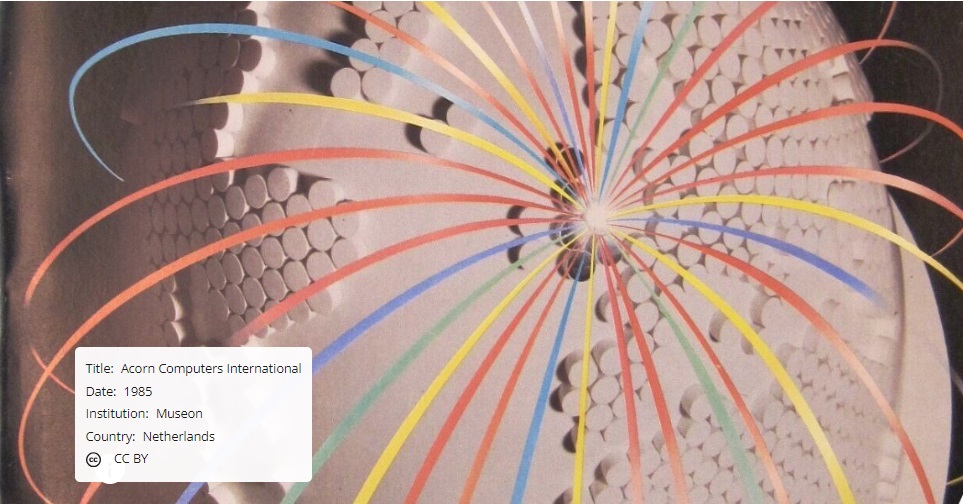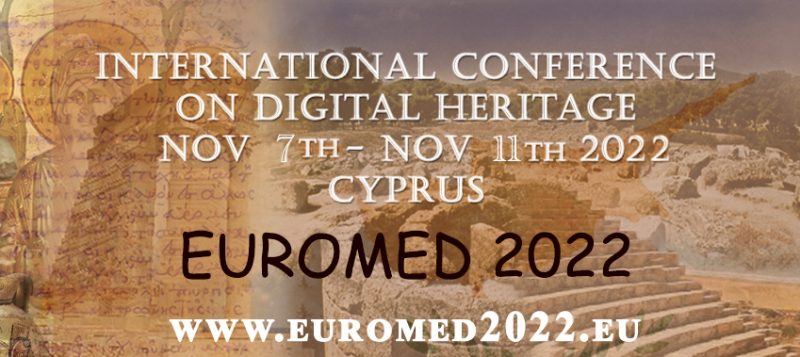
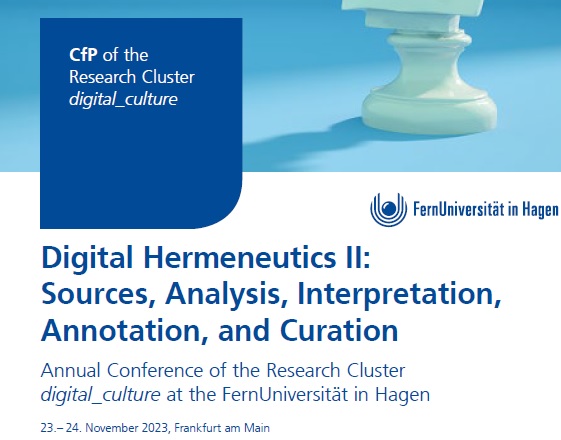 Call for papers, deadline15th September - event to take place at the FernUniversität in Hagen 23 – 24 November 2023
Call for papers, deadline15th September - event to take place at the FernUniversität in Hagen 23 – 24 November 2023- audiovisual Berlin Brussels call for tender conformance check cultural heritage digital archive digital preservation DPF Manager FFv1 file format validation file formats IPRES Matroska MediaArea.net MediaConch Open Source Portal open source software PCP PDF/A policy checker PREFORMA standards TIFF VeraPDF
Topic: websites

Media & Learning 2014 is dedicated to the latest developments, services and uses of media in education and training. Aimed at both policy makers and practitioners, the purpose of this annual event, organized by the Flemish Ministry of Education, is to … Continue reading
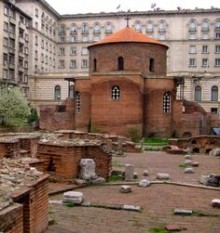
Invisible Serdica is a mobile app that reveals objects of historical significance in the ancient city of Serdica, situated at the present location of the Bulgarian capital (Sofia). This tool enables you to get a realistic insight into some of the places, now hidden under the ground, emphasises on some of the unknown cultural aspects related to them by granting access to the especially edited multimedia tales and legends, curious stories and bibliographic data to various sources found in the NALIS Union Catalogue (NALIS UC). In this way, the historical significance of the object is revealed together with its relation to emblematic figures and events. Continue reading

On 4-5 December 2014, RICHES’ First International Conference will be held in Pisa, at the Museum of Graphics of Palazzo Lanfranchi. The event, patronised by the Italian Ministry of Economic Development, the Tuscany Region, the Municipality of Pisa, the University of Pisa and Fondazione Sistema Toscana, is organised by RICHES partner Promoter Srl. The conference, entitled “Cultural Heritage: Recalibrating Relationships” considers the over-arching objective of the project: how to reduce the distance between people and culture and recalibrate the relationship between heritage professional and heritage users. Such recalibration process will maximise cultural creativity and ensure that the whole European community can benefit from the social and economic potential of Cultural Heritage. Continue reading
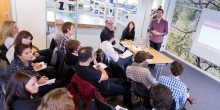
For the last (full) week of September, 22nd – 26th, at Brighton Digital Festival, Wired Sussex will be coordinating Creative, Digital & IT Open Studios, an event which provides an opportunity for local businesses to lift the curtain on what goes on behind the scenes in the sector. Wired Sussex is a Brighton-based membership organisation for companies and freelancers operating in the digital, media and technology sector in Sussex, UK. Continue reading
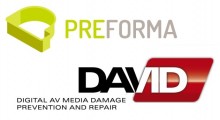
A Memorandum of Understanding has been signed between the two projects for the promotion and presentation of the respective results and for the organisation of joint events and activities, focusing in particular on the long term preservation of audiovisual content. Continue reading

Once there were notebooks, pens and colouring pencils; now books and pencils are joined – and often replaced – by laptops and tablets. Nowadays the children entering school are fully fledged digital natives. Technology reporter at the Daily Telegraph Sophie Curtis recently took part in an interactive experiment run, which involved sitting through two English lessons: one held the old way, without any kind of technology, and the second with all the latest digital gadgets. Continue reading

The workshop covered a diverse range of image-related research projects and methodologies. Plenty of time was given to discussion for consideration of institutional, ethical, intellectual and practical matters when devising, conducting and disseminating image-based work. Continue reading

The Summer 2014 issue of the Innovate magazine features a 2-page article about Europeana Space, developed by the Project’s Coordinator Sarah Whatley and by Marion Doyen, Business Development Manager at Coventry University. Continue reading

Although the topic of the speech was focused on the importance of e-documentation and on the current initiatives in the digital documentation/preservation in Cultural Heritage, the occasion of an important gathering of experts and professionals in the domain of cultural heritage preservation was interesting to disseminate Europeana Space to a audience of Scientific Community (higher education or research) and Industry representatives, as well as Policy Makers and Medias from various EU nationalities. Continue reading
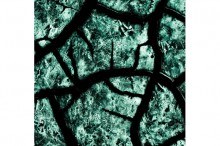
Joanna Zylinska from Goldsmiths, University of London and Jonathan Shaw from Coventry University were invited speakers at the ‘All About Imaging: Transactions’ symposium, organised by the Faculty of Media, Arts and Design of the University of Westminster, London, with the co-operation of the Imaging Science Group of The Royal Photographic Society, on 22-23.05.2014. Continue reading



